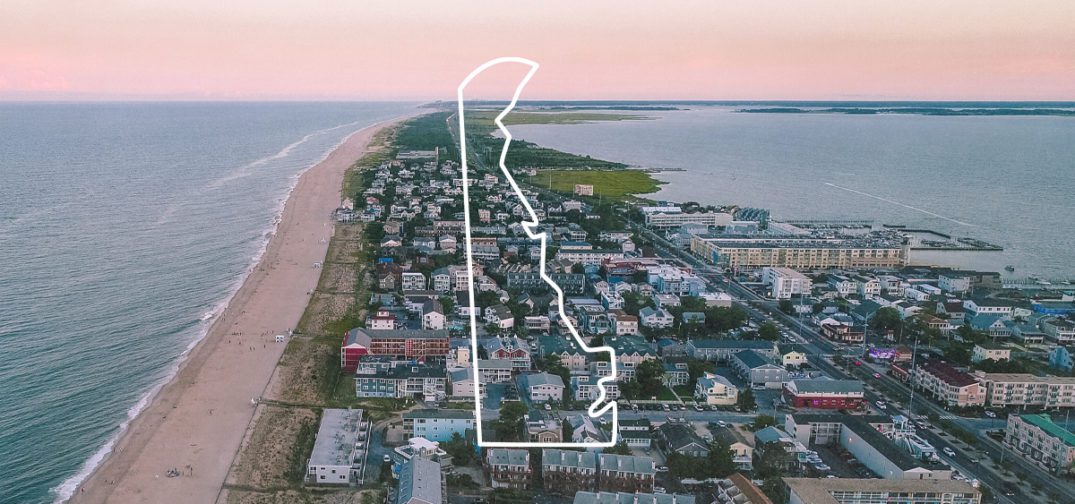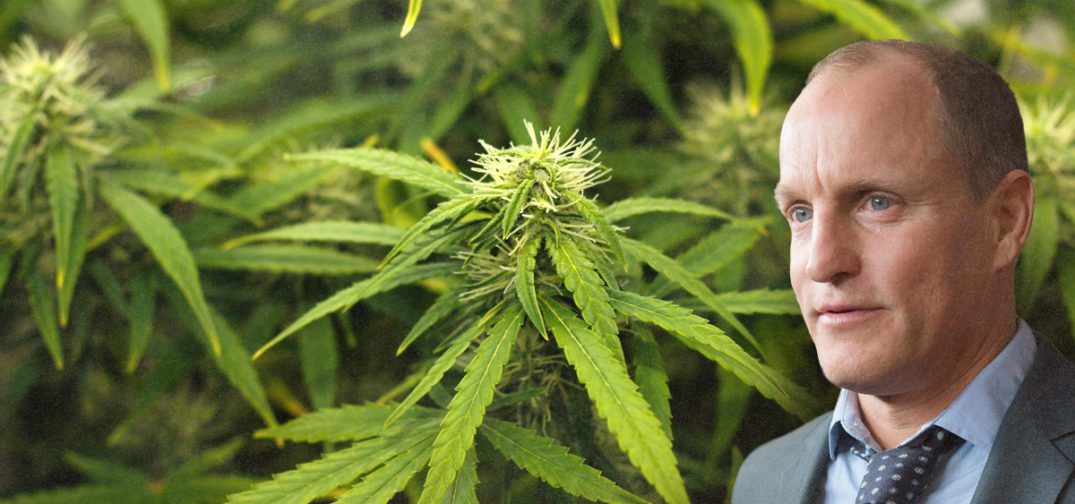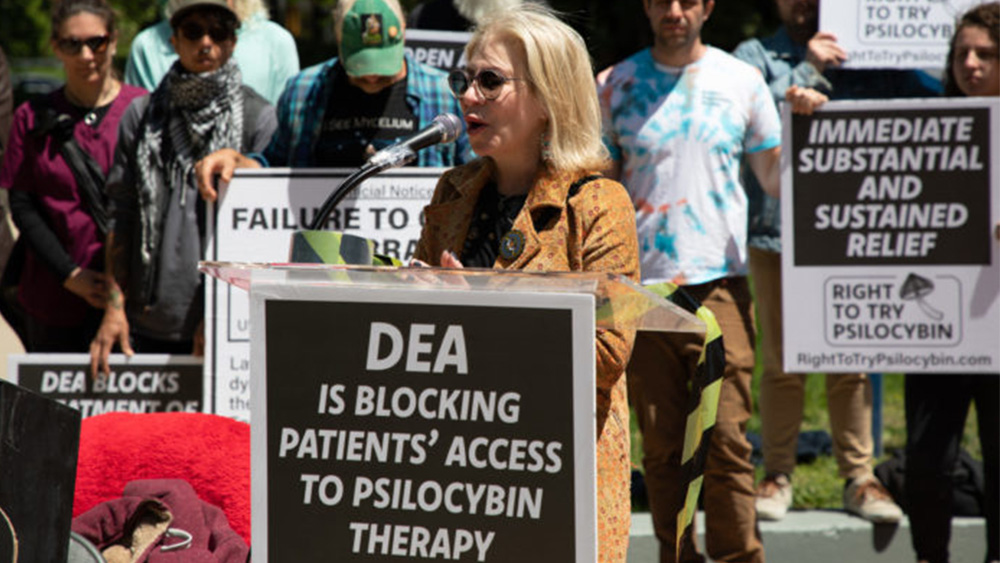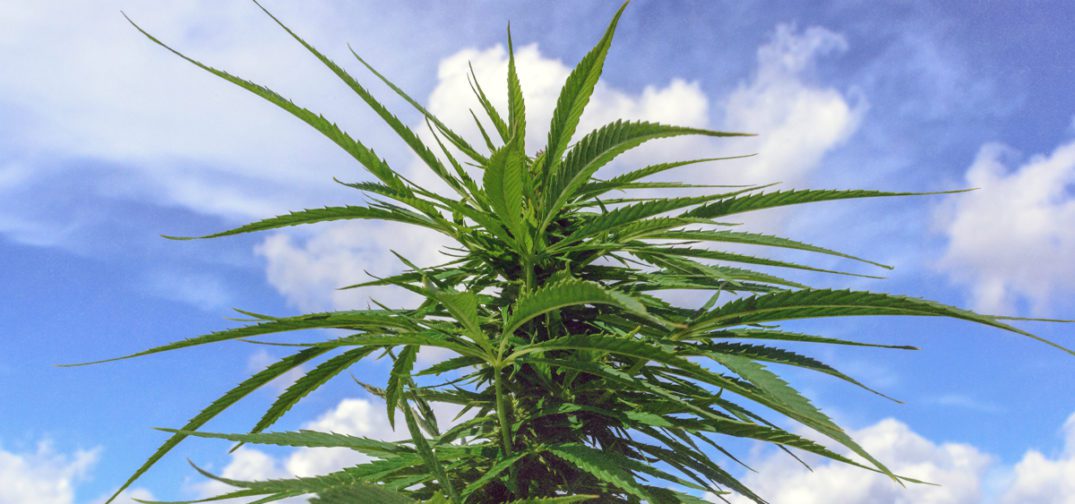The cannabis industry is officially mainstream and entrepreneurs from other sectors are stepping into the space. While seasoned professionals bring business knowledge, they often need a crash course in cannabis education — this is where digestible educational resources like The Cannabis Cutie play a valuable role.
Ganjapreneur recently interviewed The Cannabis Cutie founder Tammy Pettigrew, who started building the educational platform through social media to better inform people about the power of cannabis. She is also working to break the stigma associated with cannabis through her courses, e-books, and book club, inspired by her mentor Snoop Dogg, who himself introduced cannabis culture to the masses. Recently, Pettigrew also debuted as co-host for 106 & Spark, a countdown show that puts a cannabis twist on the idea of the classic BET show 106 & Park.
Read the full interview below:
Ganjapreneur: When did you become passionate about cannabis? How did this evolve into building The Cannabis Cutie?
Tammy Pettigrew: I became passionate about cannabis my freshman year of college after watching the resident stoner in my dorm make the honor roll. I ended up on academic probation without ever trying the plant, which was literally the opposite of what the D.A.R.E. program told me would happen. That’s what compelled me to finally try cannabis, and I noticed the improvements it brought to my life.
I felt like we had all collectively been lied to and I wanted to be part of the change to fix that. Starting out in the Midwest in 2008 was much harder than it is today, but I spent the next decade talking about cannabis to anyone who would listen. Eventually that led to the idea of The Cannabis Cutie.
Why did you decide to create educational offerings in the cannabis space?
I decided to create educational offerings because when I was looking for them, they didn’t really exist. Or if they did exist, they were extremely expensive and hard to understand if you didn’t have a science background. I felt like there needed to be basic, to-the-point information, at an affordable price.
Who is the ideal student for Cannabis Cutie education?
The ideal student for Cannabis Cutie Education is anyone who is interested in cannabis or advocacy, but isn’t sure where to start! Basic knowledge of the plant and the history of cannabis are topics you’ll want to be knowledgeable about to navigate the industry.
What sets your Cannabis 101 course apart from similar online educational offerings?
In my course, you won’t leave with a biology degree, but you will understand the information in a way that you’ll be able to teach it to other people. For me, that’s mastery. Knowing the information is one thing but being able to retell it clearly is a whole other level of understanding.
What research informs the Cannabinoids e-book? How have you made the topic easily digestible in this e-book offering?
I use the content in my course and the most common questions I receive about cannabis! That information has come from books, journals, studies, and knowledge obtained through conferences, interviews, and articles. The e-book contains visual aids and diagrams to really help learners see it in a way they can grasp, as well as basic verbiage so that the explanations stay clear.
What is the benefit of becoming a Higher Learning book club member?
You get to join a community of others who are passionate about freeing the plant. We come together weekly to learn, grow, and of course sesh. Sometimes we vent about current happenings within the industry, sometimes it’s to cheer each other on as we move within our journey with cannabis. For some, it’s been celebrating coming out of the weed closet, and for others is joining a local organization! But one thing is certain, you’re going to learn.
How do you choose which books to cover in the book club?
Each book must have some relation to the plant, but it can be as diverse as it wants to be! We’ve done memoirs, spirituality books, history, science, and even books on mass incarceration because honestly cannabis is the star player of that show.
How can new cannabis entrepreneurs benefit from learning about the plant before entering the space?
Understanding the plant is crucial. Consumers are so confused about products and cannabinoids and terpenes and percentages. None of it makes sense! If you understand what all of this means, you can communicate that through branding, to clients, customers and governing bodies. We have to get the rest of the public past the groupthink propaganda phase!
When did you first get cast on 106 & Spark? Who would enjoy tuning in?
My first discussion about the show was with Problem, the show’s EP, and Brandon Morson, the director, in January 2021 about the concept. After a few more discussions, we began filming a few months later. If you enjoy music, culture, cannabis and learning about new things, then this show is for you!
Were you involved in any aspects of creating the show?
When it came to creating for the show, Problem gave me autonomy to be myself. All the facts and knowledge that I dropped were monologues of information I felt needed to be said at the moment. My best work is when I’m organically myself and I appreciate being able to create in an environment like that. And as a cannabis user myself, I also helped curate the lists!
What components of 106 & Spark will cover cannabis culture?
We have a segment called: “I Don’t Know Shit,” where I teach my co-host Spoon some facts about cannabis! Sometimes it’s about the plant and sometimes it’s about the industry. We cover our favorite brands, products, and accessories too!
How do you hope that the show serves your greater mission of advocacy, education, and empowerment?
Ultimately, any time I have an opportunity to shed light on the benefits of cannabis I’m going to take it seriously and treat it with the utmost respect. There’s something inside of me that’s burning to do this, and it’s been that way since I was about 19. Being on the show is another opportunity I’ve received to free the plant and to talk about the information people need to know. There are other ways of living and some of us don’t need nor want one pill per medical issue from our doctor when we have a complex plant at our disposal. They just need to understand how and why it works this way. People fear what they don’t understand, and I’m here to help my people understand.
Have you had any notable mentors in the cannabis space?
I would say the coolest person in my life that I can run ideas by, get advice, or talk about what’s going on in my career is Snoop Dogg. He’s one of the people responsible for the normalization of the plant and it’s a blessing to have his input of things. He’s always putting people in position to win and that’s very aspirational.
Any updates on The Cannabis Cutie Show for Snoop Dogg TV?
Snoop is on a crazy run right now and I’m having fun sitting back and watching, but my projects are still coming!
Thanks so much, Tammy, for answering all of our questions! To learn more or get in touch, readers can visit TheCannabisCutie.com.



























